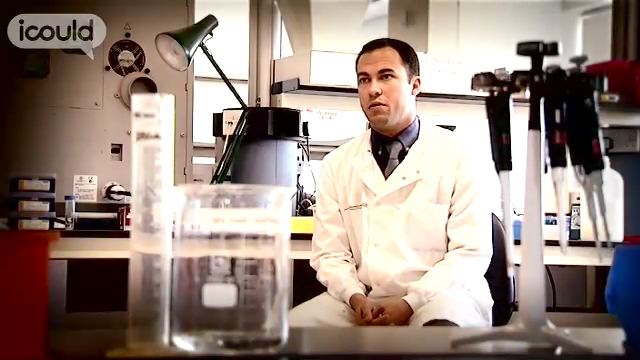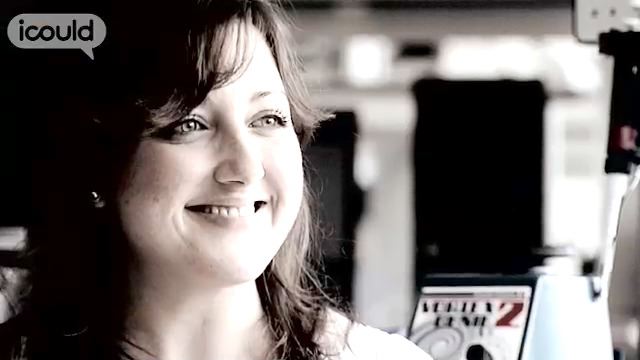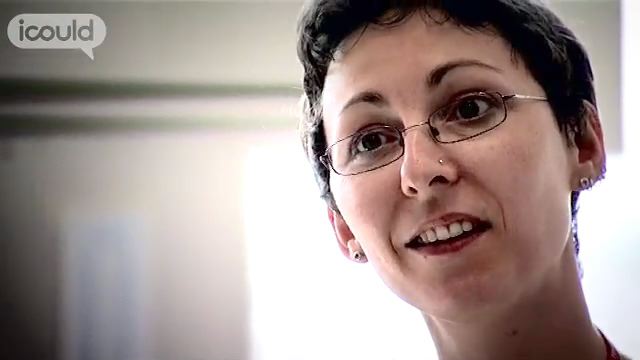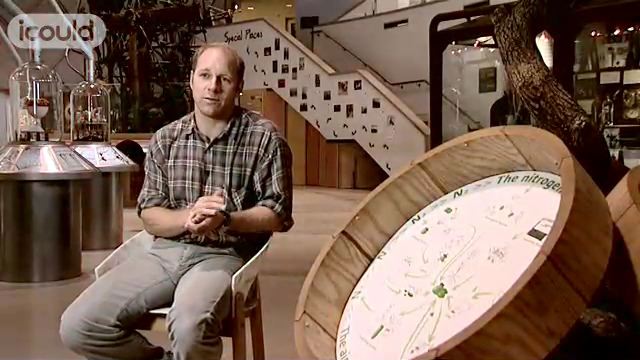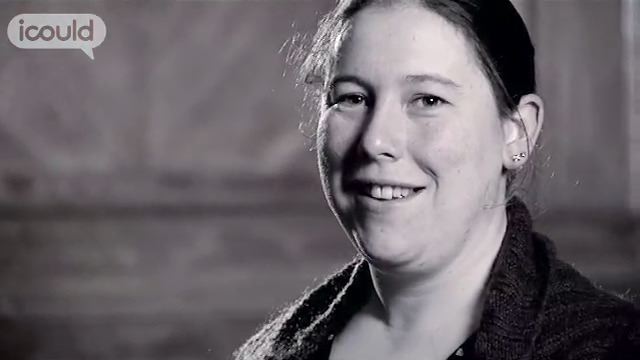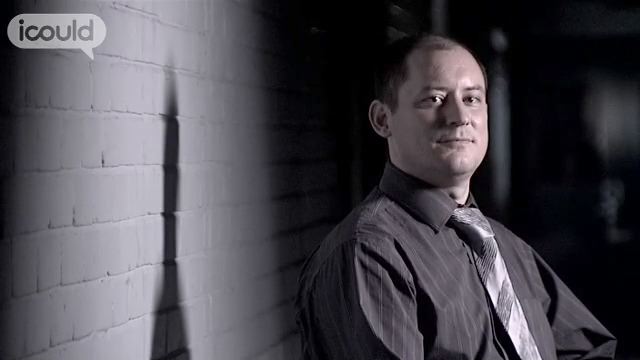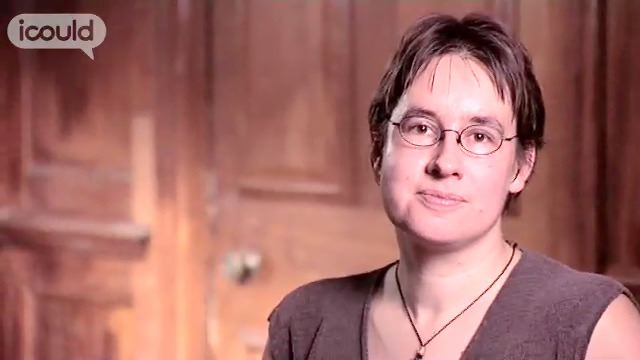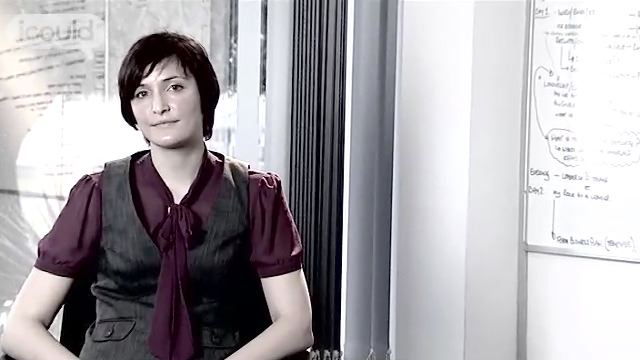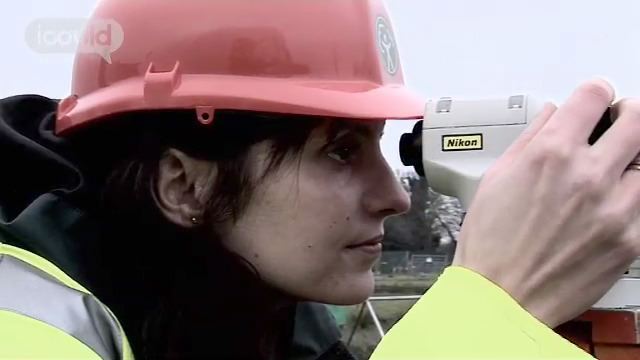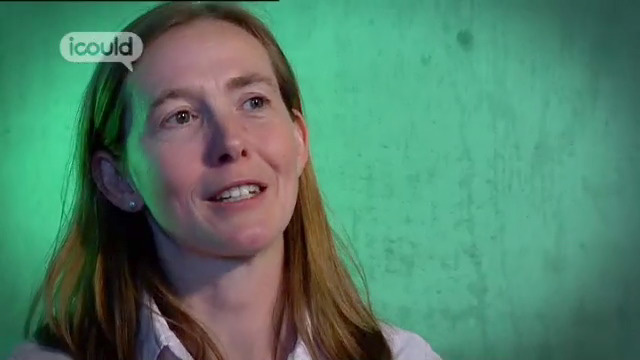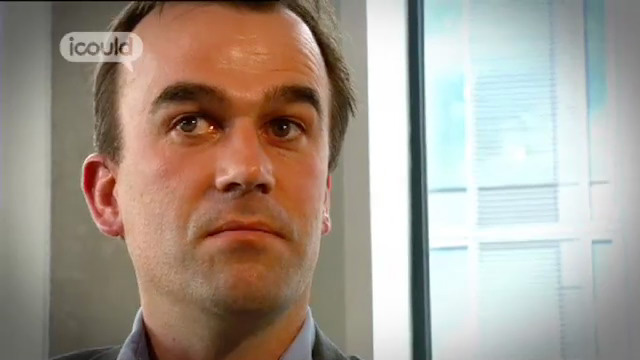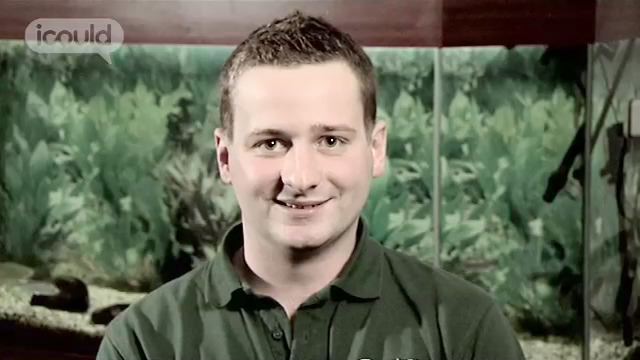Ecologist
Forestry Commission
Amy E
00:00:02 My name’s Amy E and I’m a landscape ecologist for the Forestry Commission. And what that means is that I think about all the different species that live in forests in the UK and how they get around in forests and how they move between forests. Most of my work has been about something called geographic information systems and that’s where information about like maps are analysed by computers. I’ll say, you know, ‘find me the ten woodlands that are nearest each other’ or something like that. I can make very simple enquiries right up to really complicated enquiries that involve writing little bits of code. But at the same time, what I’m doing is going out and collecting evidence, either that’s been gathered by the researchers or going out and collecting my own original data. Scrabbling around in hedgerows looking for wood crickets in order find out whether…what the assumptions we’ve made about how things move between woodlands are actually true.
00:00:59 I’m a really kind of curious person. If I’m on a train journey, I’m always staring out of the window and thinking about what’s around me, and I was always kind of brought up to be very observant. It’s written in my primary school reports: ‘Amy’s not paying attention in class’. It’s because I was staring out of the window thinking about the clouds, though I don’t think my teachers appreciated that at the time. I was kind of a bit split at school between drama and science. Certainly the biology side of science. My physics and chemistry were really not my stronger subjects. I had to really, really work at them where I did do them. So yeah, scientist or on the stage is a bit of a weird set of possibilities really, but I did what I was better at. I did a standard set of GCSEs, three A levels and then I got to university and started kind of doing independent research as part of my degree and liked it so much that I wanted to stay in research.
00:01:57 After I finished my PhD, I did some really odd contract work. Really kind of short things. Things like two-week contracts for almost a year. By that point I’d got really specialised so there weren’t many jobs coming up. So I was maybe only getting a really job come up every couple of months. This was the second interview I went for and I got the position. One of the first things I did when I came here was a contract which was looking at how the woodlands in Wales are connected, and that’s been taken by CCW, the Countryside Council for Wales, and they’ve turned that into a whole policy about where they’re going to target their woodland creation grants. So I’ve had a…I had a fairly big impact fairly soon and that’s why the Forestry Commission’s a really pleasing employer to work for. Because I get to do original research same as I would if I was in a university, but I actually get to see what I’ve kind of found out translated directly into action on the ground in a really immediate way.
00:02:57 I wasn’t very academic at school. Anyone who wishes to see my school reports is welcome to. They’re not very shining. But I love learning stuff on my own terms. I don’t like being told, ‘today you will read this chapter of this book’. It’s like I wake up in the morning and I’m like, ‘what do I want to learn today? What do I want to find out about? What’s curious today?’ It’s pretty cool if, if you’re a curious person. I’d like to stay in scientific research at the moment. I really enjoy it. I really enjoy working for the Forestry Commission. I’d like to progress and have more publications, carry on kind of improving conditions for bio-diversity through just kind of increasing knowledge really, and getting to run around the woods finding wood crickets buried under hedges. ENDS
Amy E is an ecologist, she enjoys “getting to run around the woods finding wood crickets buried under hedges.” She says “I was kind of a bit split at school between drama and science… I’m like, ‘what do I want to learn today? What do I want to find out about? What’s curious today?’ It’s pretty cool”.
More information about Biological scientists and biochemists
The UK average salary is £29,813
There are 37.5 hours in the average working week
The UK workforce is 47% female and 53% male
Future employment
- Studies the physical and chemical form, structure, composition and function of living organisms;
- Identifies and studies the chemical substances, including microbial infections, involved in physiological processes and the progress of disease;
- Performs tests to study physiological and pathological characteristics within cells and other organisms;
- Researches the effects of internal and external environmental factors on the life processes and other functions of living organisms;
- Observes the structure of communities of organisms in the laboratory and in their natural environment;
- Advises farmers, medical staff and others, on the nature of field crops, livestock and produce and on the treatment and prevention of disease;
- Monitors the distribution, presence and behaviour of plants, animals and aquatic life, and performs other scientific tasks related to conservation not performed by jobholders in MINOR GROUP 214: Conservation and Environment Professionals.
